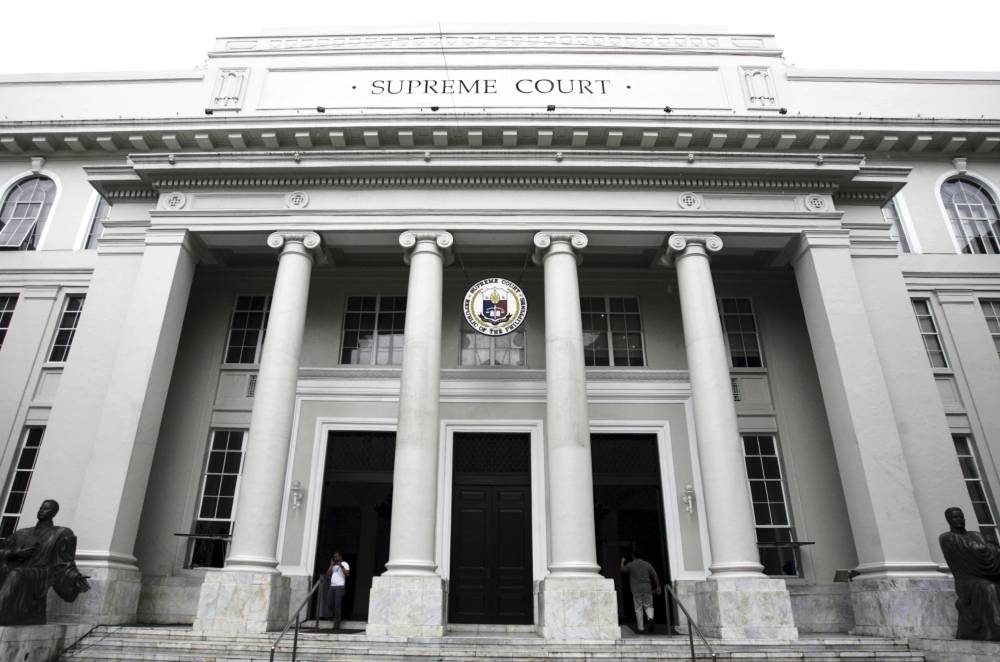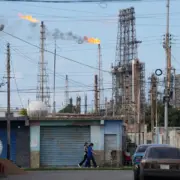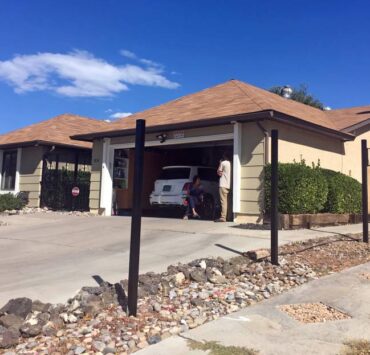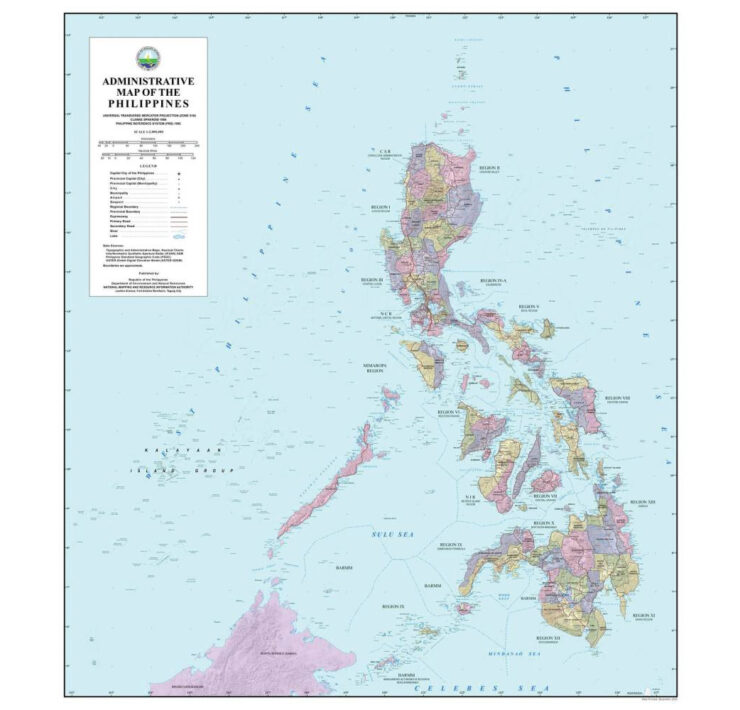SC rules vs PDEA case: Search warrant must specify location

Search warrants must clearly define the location being investigated or they will be deemed invalid, the Supreme Court ruled in a decision related to a drug raid conducted during the Duterte administration in 2017.
In a decision dated Aug. 7, 2024, but made public on Friday through a statement, the high court acquitted Lucky Enriquez, a Quezon City resident earlier convicted of illegal possession of dangerous drugs and drug paraphernalia, citing the defective search warrant and its irregular execution.
‘Too broad’
In 2017, agents of the Philippine Drug Enforcement Agency (PDEA) searched Enriquez’s residence, where they said they found the sachets of crystal meth, or “shabu.”
But in the ruling penned by Senior Associate Justice Marvic Leonen, the Supreme Court took note of the address stated in the warrant: “Informal Settlers Compound, NIA Road, Barangay Pinyahan, Quezon City.”
“The SC ruled that the search warrant was too broad and essentially a general warrant, which is prohibited by the Constitution. This lack of detail gave the PDEA agents unlimited power to search the entire compound,” the court statement said.
According to the high tribunal, the Constitution requires search warrants to specify the location to be searched because it is crucial to prevent “enforcing officers from deciding on their own where to search and whom and what to seize.”
Knock first
The high court also pointed out the “irregular execution” of the warrant.
The PDEA agents, for example, rushed into Enriquez’s residence without knocking or announcing their presence before the search, it said.
According to Rule 126, Sections 7 and 8 of the Rules of Court, authorities are required to first identify themselves and ask permission before they enter.
“They can only force their way in if they are denied entry. This rule protects both the person being served with the warrant and the agents from possible violence that could happen from an unannounced entry,” the statement said.





















